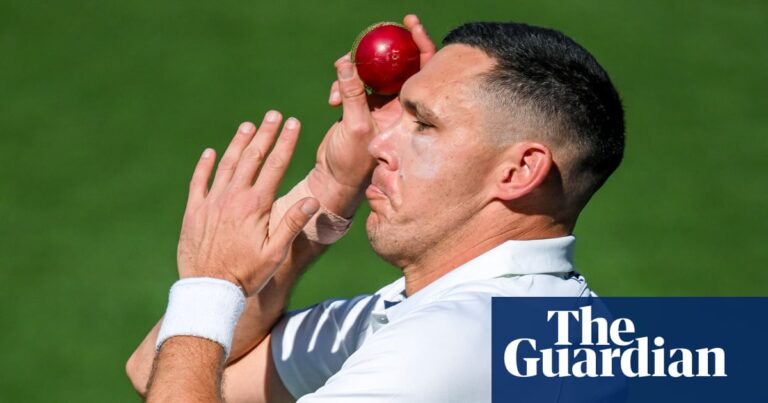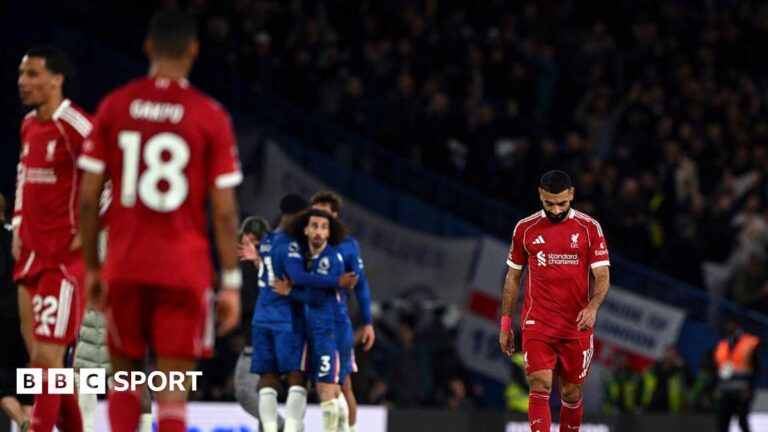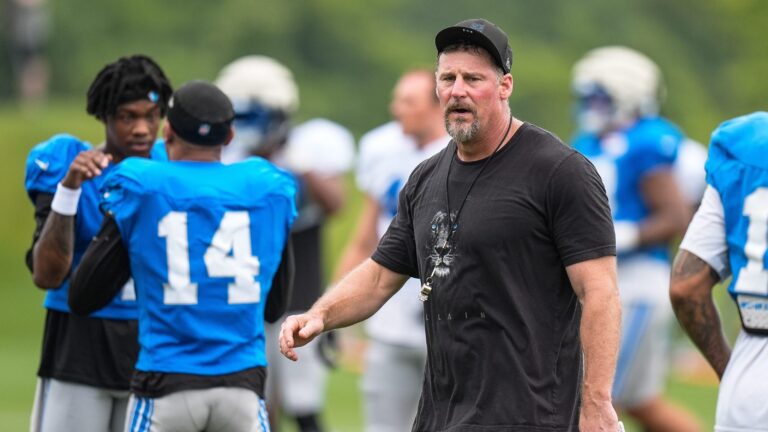
The winning moment is perfect. Perfect in concept, in balance, in execution, in placement, in flourish. The ball disappears through mid-on, and before it has even reached the boundary the lid is off and the smile is unsheathed, and for some reason it matters a great deal that the stroke to complete a towering one-day chase of 309 is not a wallop or a swipe, but an artful on-drive for four.
But then for all his brilliance, there has always been a pleasingly jarring quality to Root in limited‑overs cricket, even a kind of quiet defiance. His match‑winning 166 against the West Indies on Sunday was perhaps his greatest white-ball innings, but above all it was simply a Joe Root innings, all gentle nudges and classical drives, timing over power, manoeuvrability over muscularity, a triumph of pure talent.

There is no real need for revisionism here. Between 2019 and 2023 Root was simply not playing enough good white-ball cricket to justify his place, his spells in the side too fitful to be of any use. All the same it speaks volumes of the man that, as he put it on Sunday night, he felt “guilt” at not being able to help Jos Buttler more. “I almost felt guilty that I wasn’t there for him throughout a lot of his tenure,” he said.
To briefly refresh our memories: this was a period during which Root was dealing with the Test captaincy, multiple Ashes series, Covid bubbles, Covid isolation, Covid fatigue, the fallout from a seismic racism scandal that engulfed not just his county but his entire sport, and an era of English cricket in which red ball was simply not the priority, an atrophying side in which he was basically the only guy capable of scoring runs. Memo to Joe, if you’re reading: genuinely, don’t worry about it. You did good.
after newsletter promotion
Even so, what is undeniable is that during those years of white-ball recession the game bounded on without him. The supremacy of 360-degree power hitting, soaring scoring rates and extreme specialism threatened to leave him behind. Now aged 34, he probably has to make peace with the fact that unlike his Big Four counterparts – Steve Smith, Virat Kohli, Kane Williamson – he will make little to no imprint in the sport’s most popular and culturally dominant format.
Of what use, then, were the years of toil and sacrifice, slogging his guts out for a failing team in a failing format? What was it all for? Was he ultimately cricket’s equivalent of Stevens the butler in The Remains of the Day, dutifully giving over his life in service of a doomed, ignoble ideal? Will it ever be possible again to achieve greatness in this sport without genetic advantages and brute strength?
I want to believe it’s possible. I want to believe that for all the cultural entropy, for all the schedule fragmentation, for all the greed and confusion, this is all still cricket, that pure talent can still conquer. I love that Jasprit Bumrah still wants to play all formats, that Harry Brook does, that Rashid Khan does. I love that Sikandar Raza flew straight from a Test match in Nottingham to a Pakistan Super League final in Lahore, that each game mattered so much that he had to do both.
I love that Root is 34 but still wants to learn and grow, that one of the most ridiculously talented cricketers of my lifetime still has worlds he wants to conquer, parts he’s still trying to figure out. Maybe the evening really is the best part of the day. There’s a clarity, a sense of purpose. It’s a bat, a ball, stumps and a field. The basic game is the same. He’s just got less time to figure it out.




